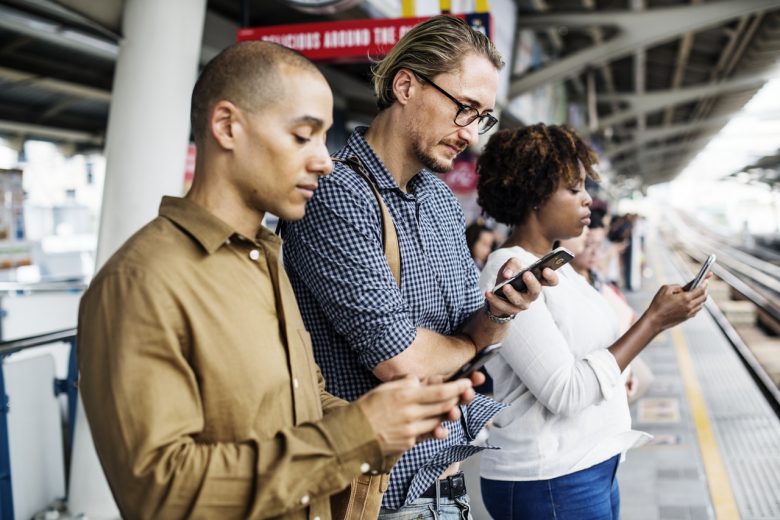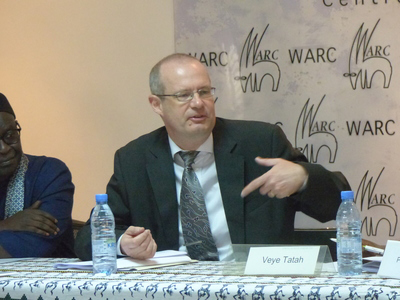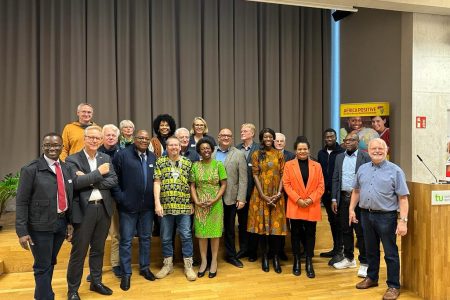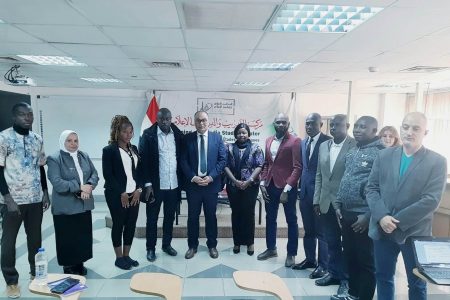Many Portuguese leave their country for Angola or Mozambique in the search for employment. They are either denied visa or called economic refugees. If Germans emigrate to Switzerland, the United States or Australia, they are seeking to improve their life prospects with experiences from these countries. Freedom of travel to seek peace, security, prosperity and happiness should not just be the right of a privileged few.
Politicians ought to revise the complex requirements for legal immigration to Europe because that will reduce activity of smugglers as well as the numbers of those drowning in the Mediterranean. It’s also a humane way to deal with humanity rather than the callous wishy-washy detention centres established by the EU with Lybian militia groups for which the Union refuse to accept responsibility when this was mentioned by the UN Human rights commissioner.
Dealing with refugees / migrants
The stigmatisation of refugees as second-class people without rights and dignity reveals the deplorable state of our society. Everyone talks about the integration of migrants and refugees. Do we not also need inclusion? It is startling reality that many citizens do not want migrants and refugees as their neighbours.
The laws are so wrong-headed that even individuals able and willing to work are not allowed to do so despite the current labour shortage. Many skilled refugees are not allowed to work, attend school or seek vocational training. Because many Germans are not familiar with these legal restrictions, they assume the refugees are lazy and seek only to take advantage of the welfare system of the state.
“We want you to integrate, but please stay amongst yourselves.” There are now many residential areas in Germany in which only a handful of Germans live or dare to remain. How should foreigners learn German if they‘re hardly in touch with Germans? Therefore, inclusion is important.
The only contact many Germans have with immigrants are the reports they read regularly in the press. Fear, rejection and hatred of strangers grow because we do not take the time to get to know each other better. The increase in racism is a product of decades of slogans used by politicians opposed to immigration, as well as an overwhelmingly negative media coverage. Today, these same slogans are employed by the Pegida protestors. Does that still surprise us?
Institutional Racism
While many people point their fingers at Pegida, the worst problems faced by migrants are caused by everyday racism. Most migrants are frustrated with the covert discrimination practiced by authorities and institutions in the job market and in the job centres, where they are denied financing for an education in the field of their choice and just put into low skilled employment such as nursing. As long as we consciously or unconsciously refuse migrants access to resources, and only few can act as decision-makers, we will continue the debate on the failures of integration. Chancellor Merkel positioned herself against xenophobia in her New Year’s speech – finally. A good thing, fine words, but many migrants need decisive action to improve their life prospects.
Who may call himself German?
There are now generations of individuals living in Germany who know no other home. This fact doesn’t seem to have reached many Germans. Otherwise, those born here who do not appear “typically German” would not constantly be asked where they came from or regularly receive compliments on how well they speak the language. Questions such as these remind every migrant that they do not “belong”, no matter how hard they try. Migrants traveling by bus or train are often checked by police due to “Racial Profiling”. Though many are born in Germany, this again reminds them: you are not one of us.
If the struggle against illegal immigration is more important to the state than the migrants’ sense of belonging, then the state’s priorities are misguided. When individuals are confronted with rejection every day, they can react in two ways: either to withdraw into one’s own corner self-exclusion, or keep on fighting in the hope that one day the situation will improve. The constant rejection even drives some into the hands of radical groups, where they are provided a sense of belonging denied them, in general, by society.
Our actions have consequences
Those who sell weapons support wars that bring distress, misery and eventual flight. The arms trade brings wealth to the taxpayers of the industrialized countries and create jobs, also in Germany. While the citizens may be grateful for their prosperity, they certainly are not grateful for the growing number of refugees who flee in fear for their lives as a result of these same wars. Should we appreciate the dynamic social consequences of how our symbiotic global world operates today, we would tend to be more nuanced in our perceptions towards migrants and refugees.
[:]



